Tremont's Quest for Resilience in a Changing Climate
Perspectives | Aug 23, 2023
This summer, researchers in our Climate Center conducted a municipal climate vulnerability assessment in Tremont, Maine, and joined a meeting with engaged locals on the town’s sustainability committee. These assessments and information-gathering sessions are crucial steps for building community climate resilience plans. Read on to learn more about what it takes to ensure coastal communities continue to thrive in a warmer world, and to see the role our Climate Center plays in the process.
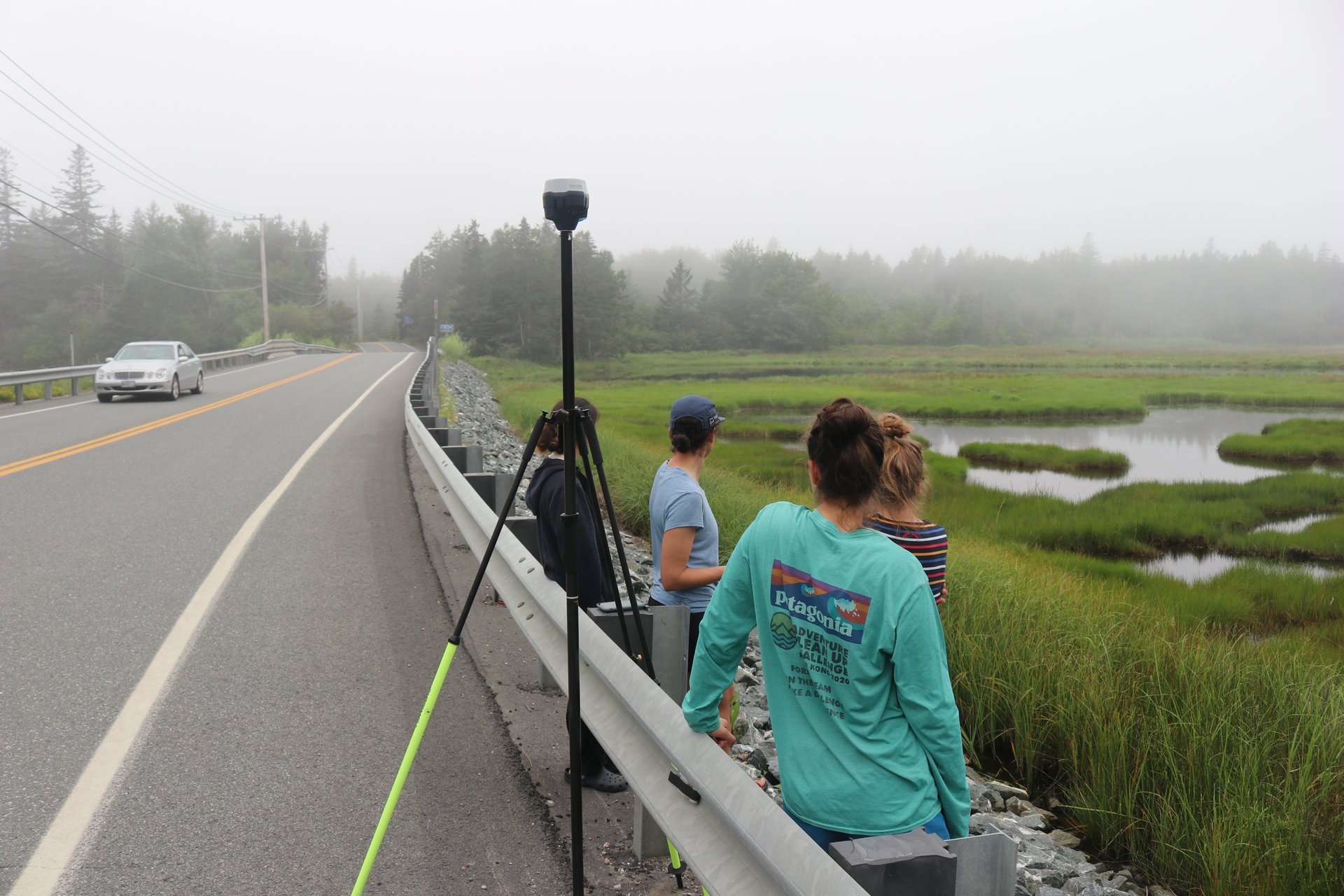
Facing the Tide: Tremont's Climate Reality
At high tide, not too far from Tremont Consolidated School, tidal waters are inching closer and closer to a nearby bridge. Electrical outlets on the town wharf are at risk of being submerged as sea levels continue to rise. Critical roadways are already experiencing flooding that makes it harder to access life-saving emergency services.
Responding to local initiatives, the residents of Tremont achieved a significant milestone in 2021 by adopting a climate resolution. This proclamation declared Tremont as one of Maine's twenty most climate-vulnerable towns, underscoring the town's commitment to addressing climate challenges. In September 2022, Tremont successfully applied for a Community Action Grant through the Governor’s Office of Policy Innovation & the Future to help support these efforts.
A Climate to Thrive (ACTT), a non-profit organization on Mount Desert Island (MDI) dedicated to building a network of communities pushing for solutions-focused climate action, is helping Tremont raise money, develop community resilience plans, and more. ACTT Community Engagement and Resilience Coordinator, Brianna Cunliffe, has witnessed first-hand how motivated Tremont community members are to protect what they value most.
“Tremont is leading the way on MDI in energy and resilience work. It has a phenomenally engaged and passionate community that consistently shows up for these important conversations. The level of community involvement in resilience work in this town of under 1500 residents exceeds what I've seen in far bigger, better-resourced places, which is a testament to the passion, energy, and dedication of those who call this place home.”
Brianna Cunliffe ACTT Community Engagement and Resilience Coordinator A Climate to Thrive
Through their work with ACTT, Tremont invited GMRI to collaborate on the town's journey to create a community resilience plan. By joining the effort, we can leverage our tools, resources, and expertise to support the town’s future.
Linking Data to Resilience
Communities need precise, localized data to craft robust community resilience plans. They need to know which pieces of critical infrastructure are vulnerable to rising sea levels — and when they can expect to experience those changes. Collecting and sharing that information is a service that Dr. Hannah Baranes, a coastal hazards scientist in the Climate Center at GMRI, provides to municipalities up and down Maine’s coast.
“We help communities understand what assets and functions are vulnerable to coastal flooding — and what future water levels to plan for. We start by working with communities to understand what is at risk. For example, is it a bridge on a critical emergency route with a decades-long lifespan? Utilities on a town landing with relatively short lifespans? Developing this detailed understanding of a community's coastline allows us to provide customized flood risk information that supports near- and long-term decision making.”
Hannah Baranes, Ph.D. Coastal Scientist
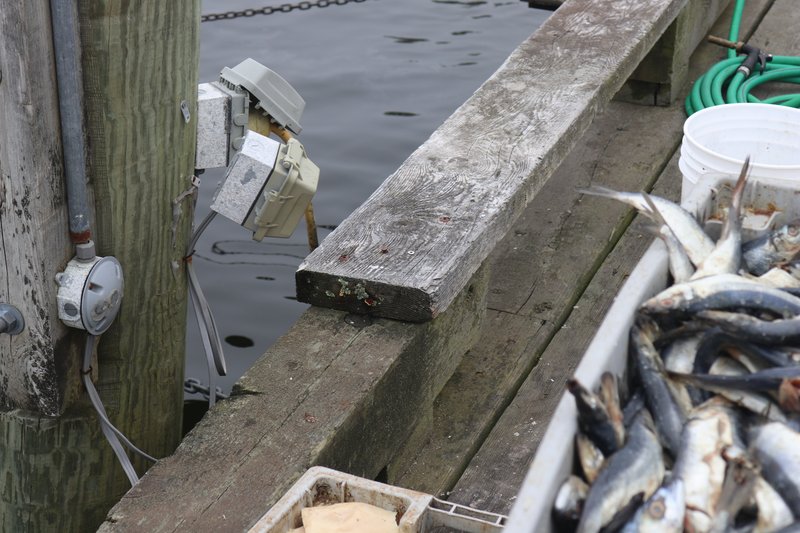
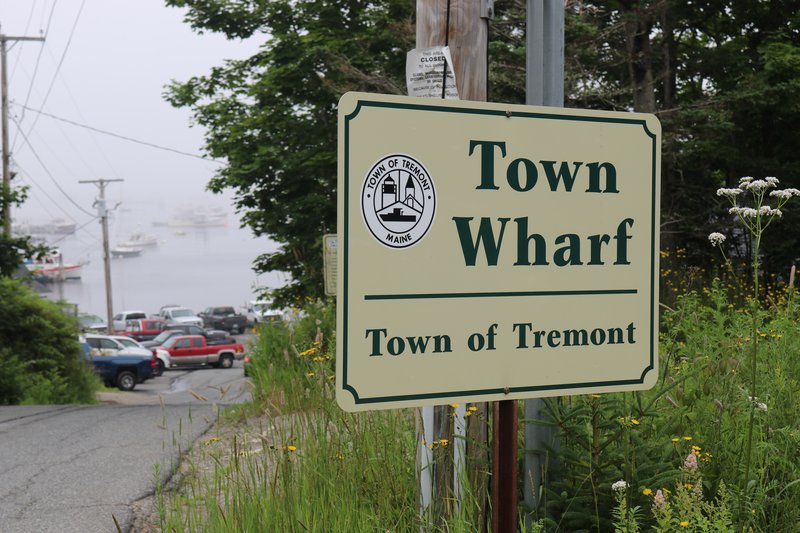
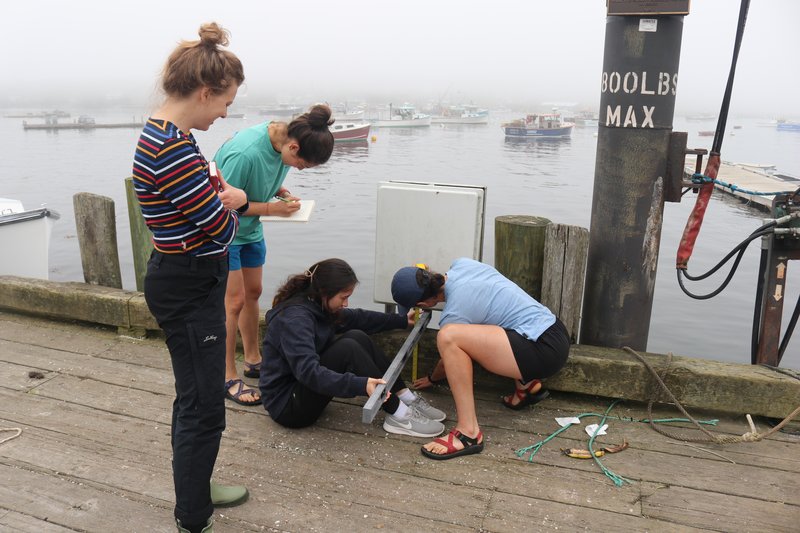
In July 2023, Baranes initiated a municipal climate vulnerability assessment alongside GMRI Climate Engagement Specialist, Steph Sun, GMRI Research Intern, Erica Loomis, and ACTT Intern, Alexandra Löfgren. These assessments are one of the comprehensive climate services offered by our Climate Center — and they include site-specific data collection.
Armed with a Real-time Kinematic Global Navigation Satellite System (RTK GNSS) Receiver (a GPS that can measure elevation accurately to within a few centimeters), a level, and a tape measure, the group took elevation measurements at critical infrastructure locations throughout the region such as bridges and the town wharf. Baranes then matches that data up with remotely collected elevation measurements (using Light Detection and Ranging, or, LIDAR) to quantify present and future coastal flood risk to the region.
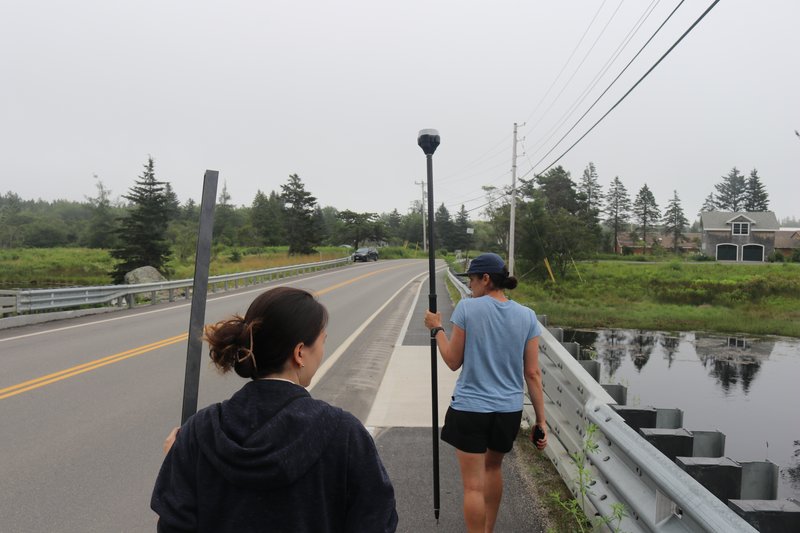
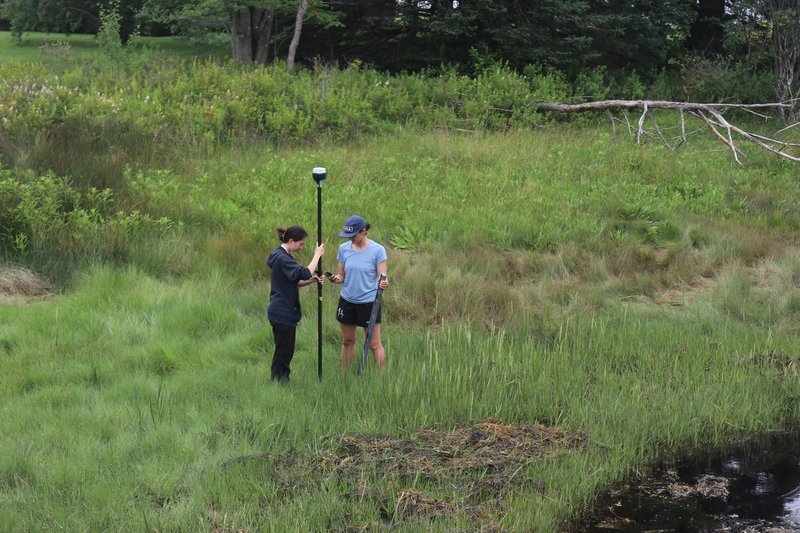
Local Voices: Beyond Measurements
Effective resilience planning extends beyond quantitative data collection. Conversations with local residents uncover important-but-intangible community values.
"Municipal vulnerability assessments are important guides for towns and cities trying to understand how climate change affects them. To develop these assessments, we examine and evaluate the specific risks rising sea levels and extreme weather pose to a given town. We also look at how these problems connect to people's daily lives — both at home and at work. We do this by talking to people in the community and collecting qualitative data to learn about what challenges they might face and what opportunities they have in the future."
Stephanie Sun Program Manager Community Climate Action
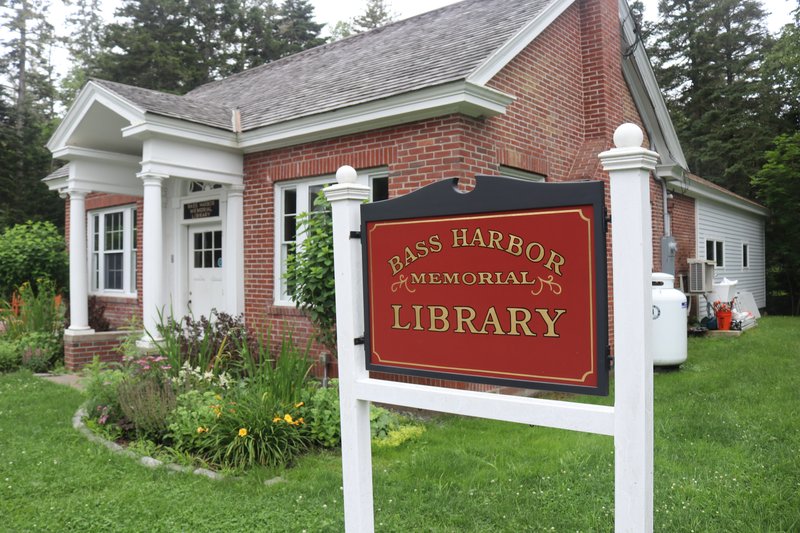
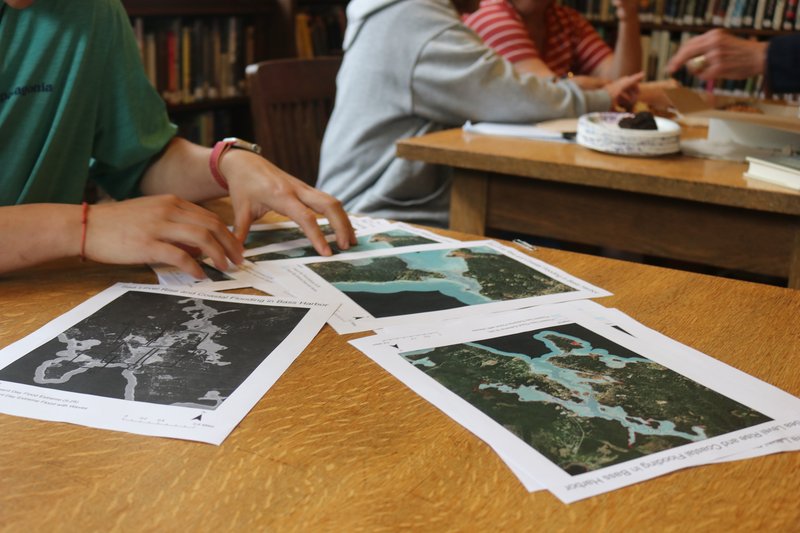
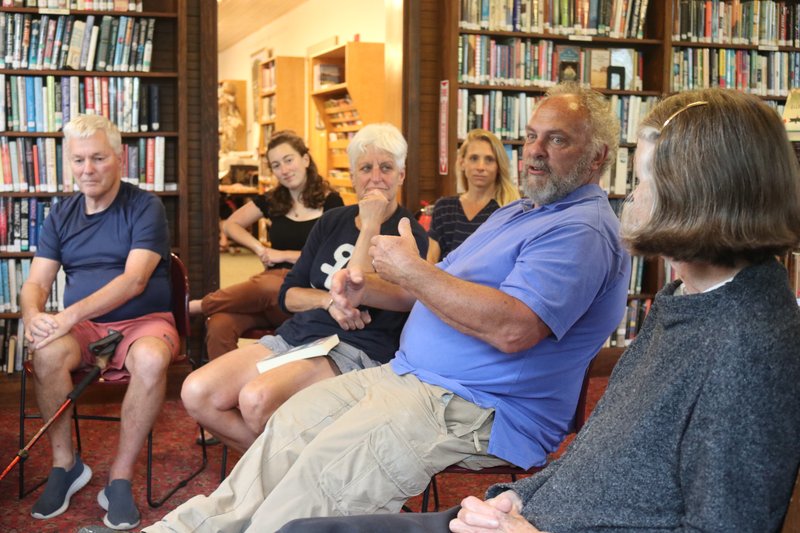
Within the intimate confines of Bass Harbor Memorial Library, the Climate Center team convened with members of ACTT and Tremont's dedicated Sustainability Committee, which plans for a sustainable future for their community. This exchange unveiled on-the-ground insights, anticipated challenges, and community priorities. By weaving quantitative data with qualitative perspectives, tailored resilience and adaptation strategies emerge, sculpted to suit each municipality's unique fabric.
These community members are passionate about where they live and the people they live with.
“Sustainability is crucial, especially for our community as the livelihood of so many in our small community of fishermen and lobstermen depend on the health and well-being of our ocean and the Gulf of Maine,” said Sarah White, a retiree with experience as a National Park Ranger, a Forest Ranger, and as an educator. “They are on the frontlines and so I wish to support them in any way I can.”

When White retired to Bernard, a small fishing village and part of the municipality of Tremont, the first thing she did was join the Comprehensive Plan Task Force, and subsequently the town’s Sustainability Committee.
White understands the importance and challenge of communicating the ongoing conversations and plans that arise from her committee meetings with others in her community. The hard-working town is steeped in tradition and not everyone is receptive to change — but there are ways to make communicating these efforts easier.
GMRI brings real data to this necessary conversation, which is very valuable — particularly for sharing ongoing and future needs with our community.
Sarah White Tremont Sustainability Committee Member
Putting the pieces together
Building resilience and sustainability, even in a small town like Tremont, takes a lot of work. The town's initial commitment to addressing climate concerns marked a significant step forward. This prompted the involvement of ACTT, which played a pivotal role in securing resources, devising strategies, and establishing vital connections.
Our Climate Center also plays a role. We collected and analyzed data to understand how things might change, and what infrastructure, services, and other assets valued by communities might be at risk as sea levels continue to rise. This effort supports and informs municipal decision makers with real-world data.
But more than just numbers, the stories of the people living there matter too. Conversations with the Sustainability Committee revealed community values, adaptation priorities, concerns, and more. The diverse perspectives paint the full picture of what Tremont can look like in a sustainable future.
Tremont is showing us how small towns can come together in a big way to be ready for whatever comes next. Their journey isn't over yet, but by uniting community knowledge and passion with locally relevant data, they are already preparing their community to thrive in a warmer world.
Explore our Coastal Dynamics Lab
Maine has committed to managing 1.5 feet of sea level rise in 2050 and 4.0 feet in 2100. What does this mean about flood risk to communities’ local coastal infrastructure and ecosystems? Our lab studies changes in mean and extreme coastal and estuarine water levels to support coastal management, flood forecasting and preparedness, and state rule-making.



